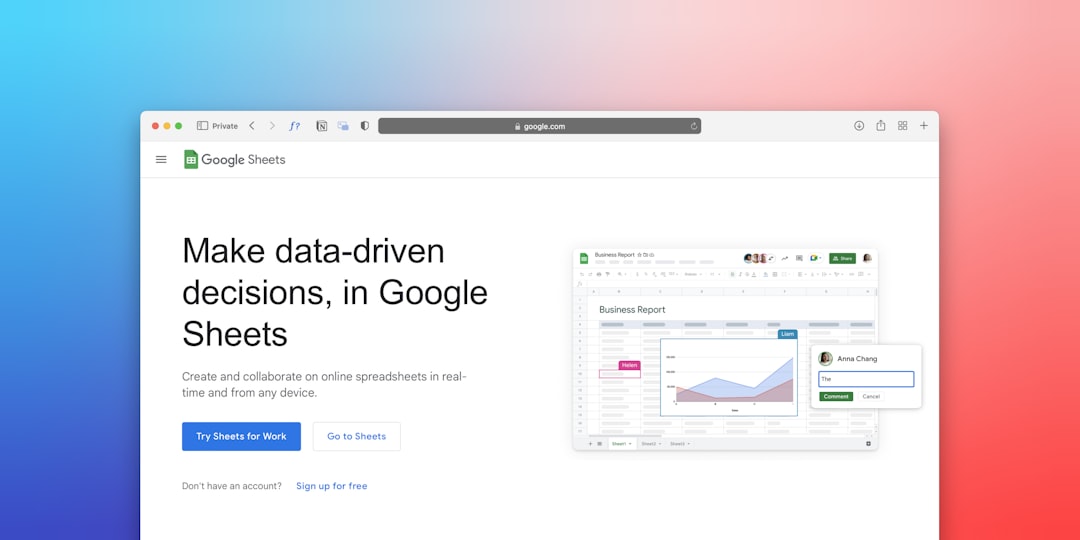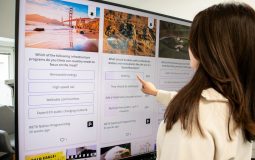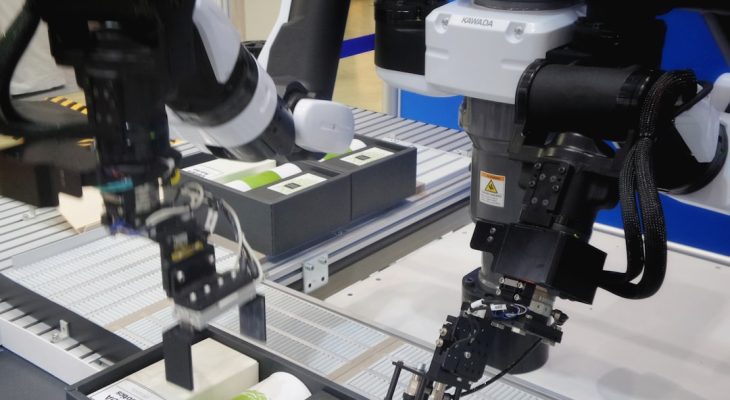As artificial intelligence continues to evolve, concerns over job displacement have become more prevalent. AI-powered automation is no longer limited to science fiction; it’s a present reality reshaping industries across the globe. Some roles are more susceptible to automation than others, and understanding where your industry stands could help you prepare for the changes ahead.
While AI brings enormous potential for efficiency and innovation, it also introduces disruption. The impact varies significantly by sector, with routine, repetitive tasks being most at risk. Here’s a detailed look at how AI is affecting various industries and which job roles could be vulnerable.
Industries Most Affected by AI Automation
- Manufacturing: Automation in manufacturing is not new, but AI is supercharging its capabilities. From robotic arms with vision systems to predictive maintenance, many factory-floor jobs are increasingly performed by machines. Roles like assembly line operators and quality controllers are already being phased out in certain sectors.
- Transportation and Logistics: With the development of self-driving vehicles and AI-powered supply chain software, transport and delivery roles could see significant reductions. Truck drivers, dispatchers, and warehouse workers face a high risk level.
- Retail: Automation in retail includes self-checkout kiosks, AI-driven inventory management, and recommendation engines. Cashiers, stock clerks, and even sales associates are beginning to feel the pressure.
- Customer Service: AI chatbots and virtual assistants are now capable of handling a growing number of customer inquiries. This puts roles like call center representatives and customer support agents at risk.
- Finance: From fraud detection to algorithmic trading, AI is revolutionizing financial services. Roles in data entry, bookkeeping, and financial analysis are increasingly automated.

Industries Less Affected or Benefiting from AI
- Healthcare: While AI assists in diagnostics and data analysis, the human touch remains crucial. Doctors, nurses, and therapists still provide irreplaceable value. That said, administrative roles in healthcare are seeing more automation.
- Creative Arts: Creativity is a uniquely human trait, though AI tools are supporting artists, writers, and designers. Instead of replacing jobs, AI often enhances them, offering new platforms for expression.
- Education: AI may personalize learning through adaptive software, but educators are still essential for emotional intelligence and mentorship—qualities machines can’t replicate.
- Skilled Trades: Electricians, plumbers, and carpenters rely on manual dexterity and problem-solving skills that are hard to replicate in machines, making them relatively safe from automation in the near term.

How to Future-Proof Your Career
Regardless of industry, there are ways to stay ahead of the curve. Here are a few strategies to reduce your risk of being displaced by AI:
- Upskill Regularly: Learn new technologies and tools relevant to your role.
- Develop Soft Skills: Emotional intelligence, leadership, and communication are areas where humans excel.
- Be Adaptable: Embrace change and stay informed about industry trends.
- Explore Human-Centered Roles: Prioritize positions that require empathy, creativity, and nuanced decision-making.
FAQ: Common Questions About AI and Job Automation
- Will AI take over all jobs?
No. While AI will automate many tasks, especially repetitive ones, most jobs will evolve rather than disappear. - Which jobs are the safest from AI automation?
Jobs requiring emotional intelligence, manual dexterity, and complex problem solving—like therapists, electricians, and teachers—are generally safer. - Can AI create new job opportunities?
Yes. AI is also creating new roles in areas like AI training, data annotation, ethics, and tech infrastructure. - How can I prepare for an AI-driven workplace?
By embracing lifelong learning, developing uniquely human skills, and staying flexible in your career approach. - Is AI adoption uniform across all countries?
No. The pace of AI adoption varies depending on a country’s technological infrastructure, economic strategy, and labor policies.
AI will continue to redefine how we live and work. By understanding its impact on different industries and proactively adapting, workers can seize the opportunities AI presents rather than fearing the changes it brings.








